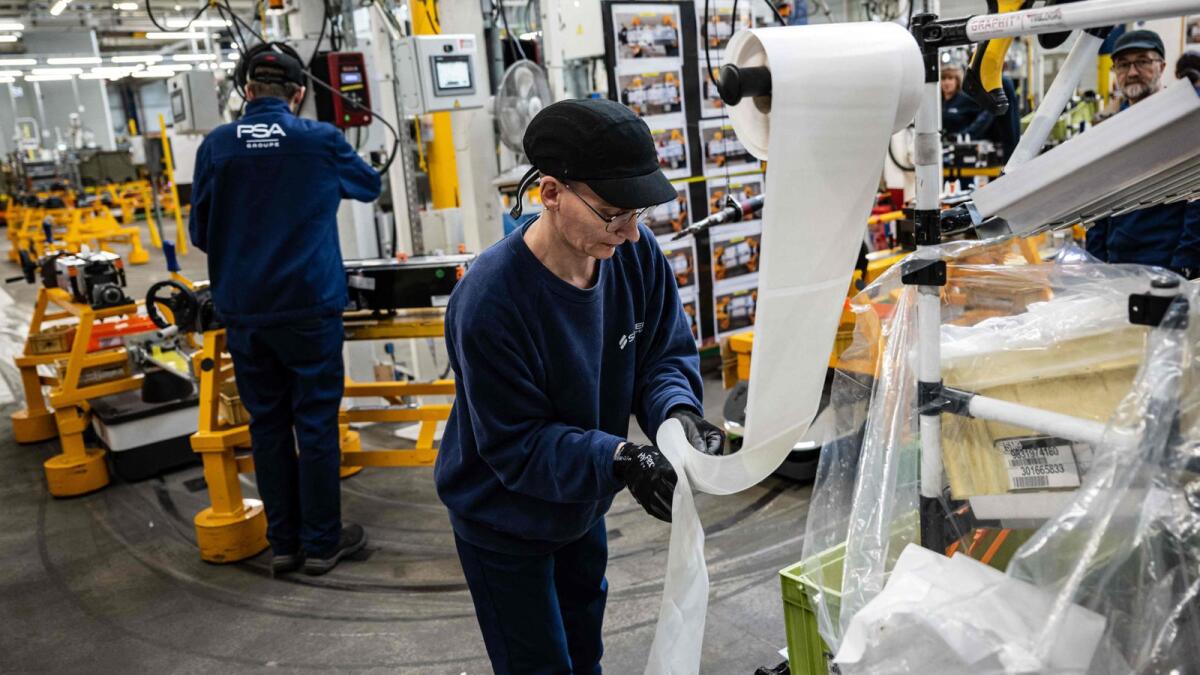Italy is backing the tariffs proposed by the European Commission on Chinese exports of electric vehicles (EVs), according to Italian Foreign Minister Antonio Tajani. Tajani expressed support for the duties to protect the competitiveness of Italian companies. Minister Wang Wentao from China is in Europe for discussions on the EU’s anti-subsidy case against China-made EVs as the vote on more tariffs approaches. Tajani emphasized the importance of equal access for Italian products in Chinese markets to ensure fair competition.
During a meeting with Wang Wentao, Tajani highlighted the need for a trade plan based on equality and demanded that Italian companies have the opportunity to compete on equal terms. Italy aims for positive cooperation and reciprocity with China to prevent dumping and obstacles created by China’s policies that could harm Italian businesses. While Italy initially supported tariffs in a non-binding vote of EU members, Industry Minister Adolfo Urso expects a negotiated solution to address the issue.
Italy, known for major car manufacturers like Fiat under the Stellantis group, is also working to attract Chinese carmakers like Dongfeng and Chery Auto to open factories, increasing vehicle production. Tajani assured that Italy’s stance on tariffs does not affect the country’s good relations with China. Italian Prime Minister Giorgia Meloni visited China in July to strengthen cooperation and reset trade ties after withdrawing from the Belt and Road infrastructure investment scheme. President Sergio Mattarella is set to visit China later this year, with Tajani part of the delegation.
The European Commission is close to proposing final tariffs of up to 35.3 percent on EVs built in China, in addition to the standard 10 percent car import duty in the EU. The proposed tariffs will undergo a vote by the EU’s 27 members, with implementation expected by the end of October unless a qualified majority rejects them. Italy’s support for these tariffs reflects a broader effort within the EU to address trade imbalances with China and ensure a level playing field for European businesses. Italy’s approach is part of a coordinated effort to promote fair trade practices and protect the interests of European industries.
The Italian government’s alignment with the European Commission’s stance on tariffs signals solidarity among EU members in addressing issues related to trade with China. By advocating for equal access and fair competition, Italy aims to safeguard its companies from unfair trade practices while maintaining positive relations with China. The upcoming visit of President Mattarella to China underscores Italy’s commitment to strengthening ties with the Asian nation while prioritizing reciprocity and mutual benefit in trade relations. The proposed tariffs on Chinese EVs are a critical step in ensuring a level playing field for European manufacturers and upholding the principles of fair trade within the EU. Italy’s engagement in these discussions reflects its proactive approach to advocating for the interests of Italian industries and promoting a more equitable trade environment on a global scale.
In conclusion, Italy’s support for tariffs on Chinese EV exports reflects a broader strategy within the EU to address trade imbalances and promote fair competition in the automotive sector. By advocating for equal access and reciprocity in trade relations with China, Italy seeks to protect its companies from unfair trade practices while fostering positive cooperation with the Asian nation. The proposed tariffs are a crucial measure to ensure a level playing field for European manufacturers and uphold the principles of fair trade within the EU. Italy’s involvement in these discussions highlights its commitment to advocating for the interests of Italian industries and contributing to a more equitable global trade landscape.











